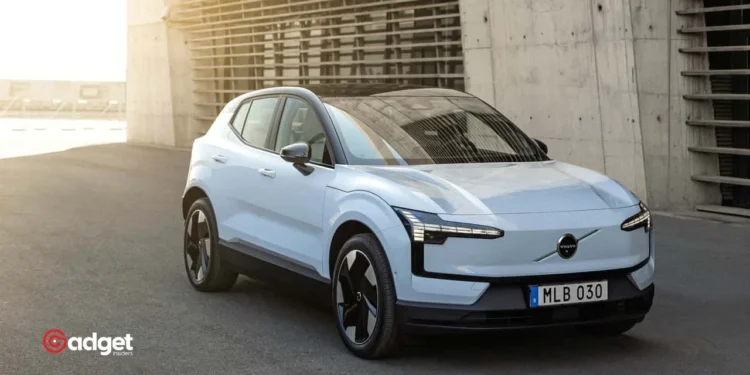Volvo’s ambitious stride into the electric vehicle (EV) market with its EX30 model has encountered a hiccup. The automaker has announced a recall of all 71,956 EX30s produced to date due to a software glitch affecting the vehicle’s speedometer. Despite this setback, the company assures that a simple over-the-air (OTA) update can resolve the issue, emphasizing Volvo’s commitment to customer safety and satisfaction.
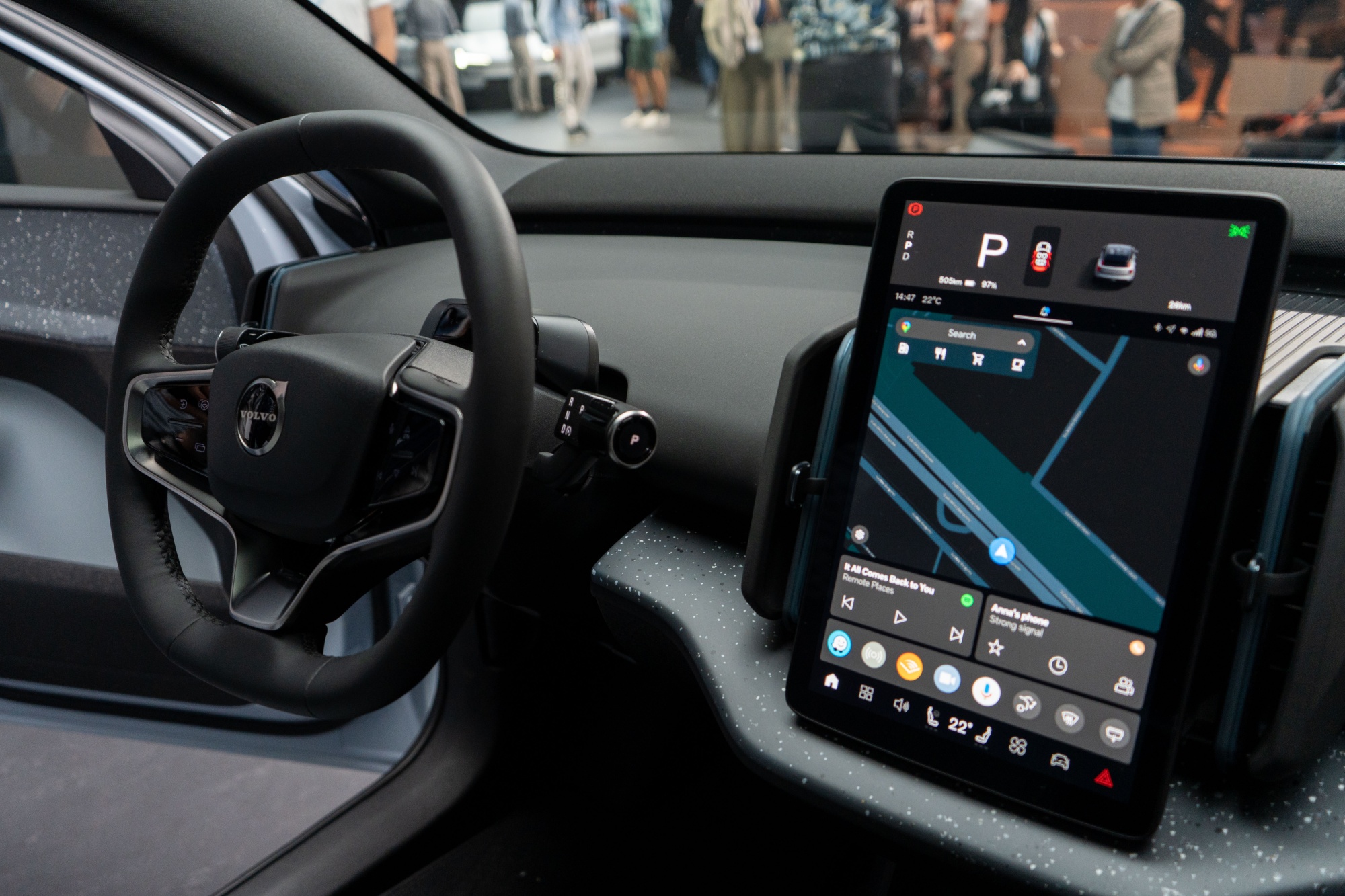
A Promising Start with a Sudden Hurdle
Since its launch, the EX30 has quickly become a significant player in the EV arena. “One of the best-selling fully electric cars in Europe,” according to Björn Annwall, Volvo Cars’ Chief Commercial Officer and Deputy CEO, the EX30 sold 14,500 units in the first quarter alone. By May, sales had surged to over 35,000 units, making it the third-best-selling EV in Europe, trailing only behind Tesla’s Model Y and Model 3 as per DataForce research.
However, this promising start was disrupted by a software issue that could trigger the speedometer to enter test mode upon starting the vehicle. Volvo’s proactive recall demonstrates their focus on quality assurance and customer safety, a critical aspect of maintaining trust in this rapidly growing market segment.
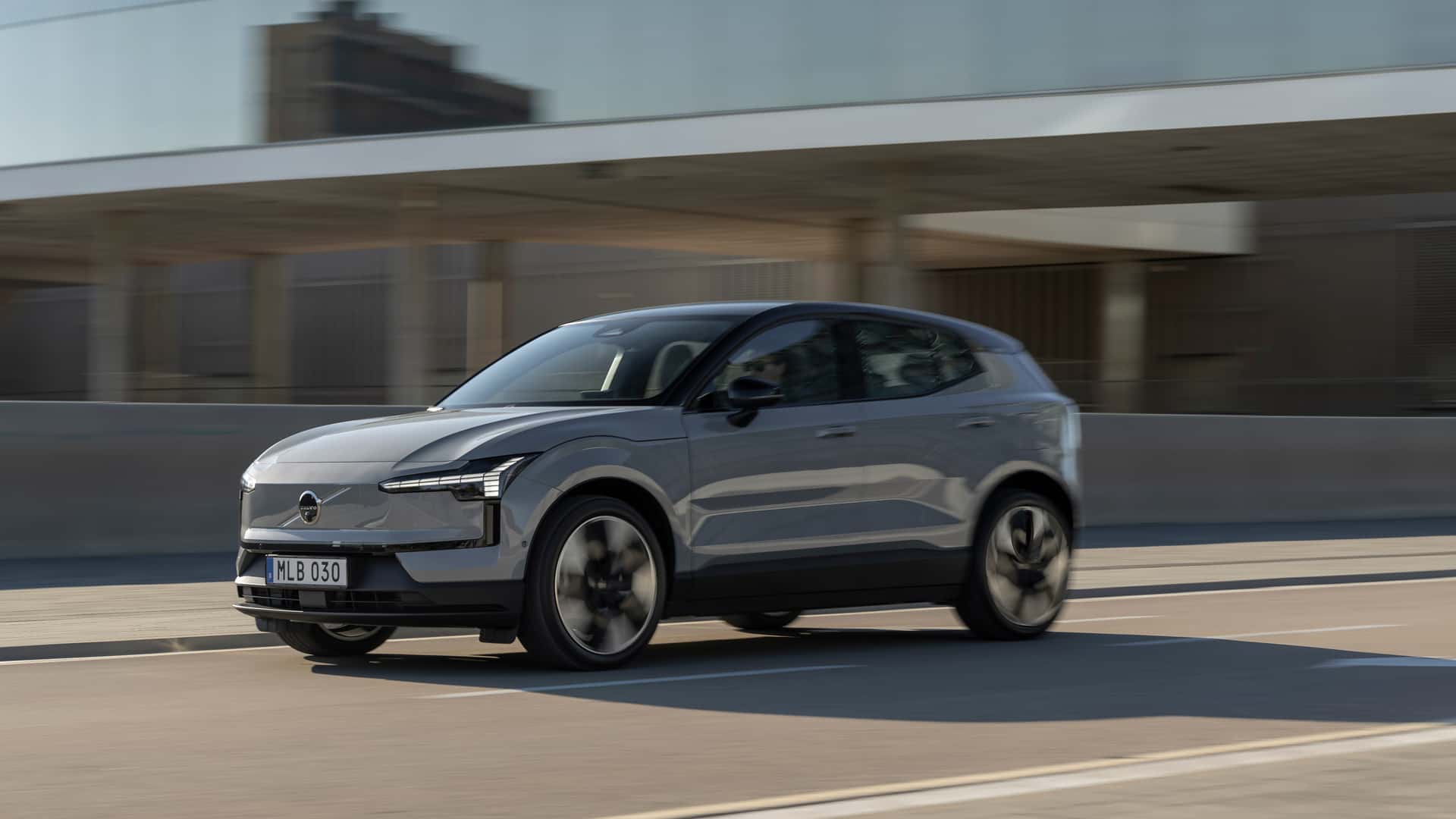
Volvo’s Quick Fix: OTA Updates or a Trip to the Dealership
Addressing the software glitch, Company has outlined two options for EX30 owners: accept the OTA update directly on their vehicle or visit a dealership to have it installed at no extra charge. This approach not only exemplifies its adaptability in leveraging modern technology for quick fixes but also provides flexibility for customers, ensuring minimal disruption and maximum convenience.
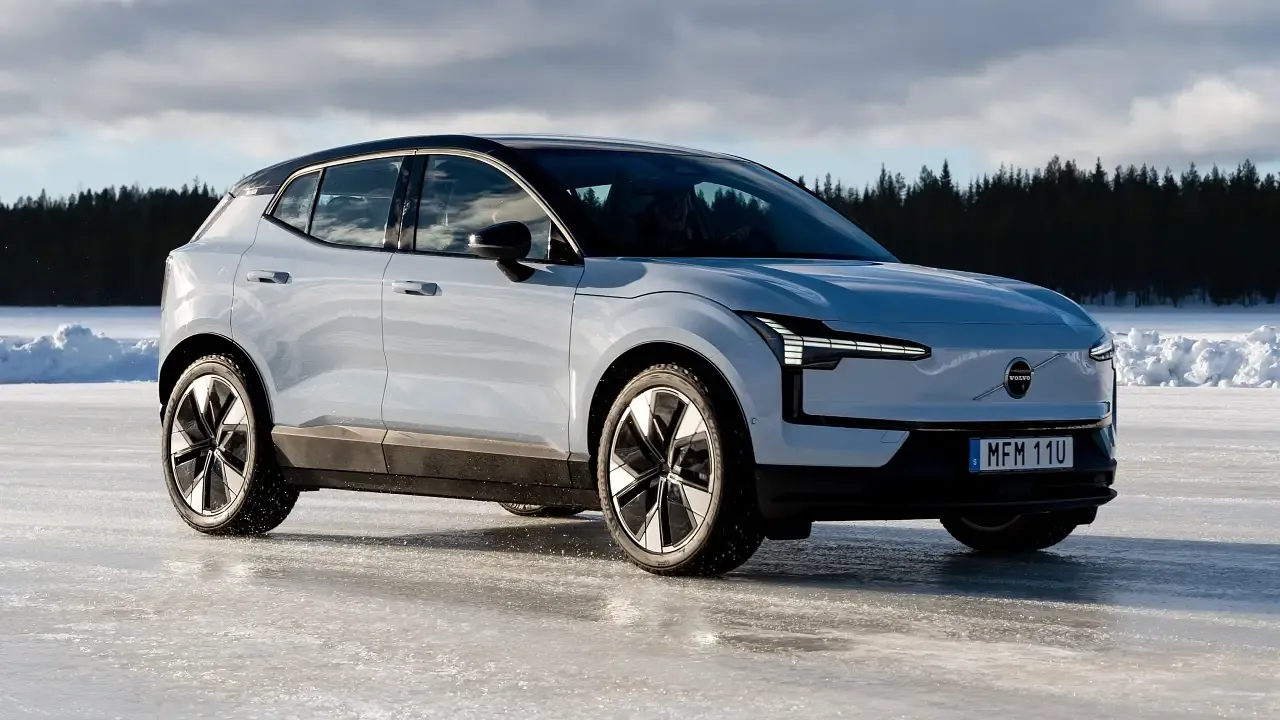
Building a Future in Electric Mobility
Despite the recall, Volvo’s long-term vision for its EV lineup remains undeterred. The EX30, starting at $34,950 in the US and 36,000 euros in Europe, represents a cornerstone of Volvo’s strategy to make electric vehicles accessible to a broader audience. Moreover, this incident marks the second instance where software issues have momentarily slowed down its progress, the first being production delays in the EX90 model due to similar challenges.
Company’s decision to shift production of the EX30 and EX90 to its Ghent, Belgium facility, amidst looming tariffs on EVs made in China, reflects strategic planning to align production with market demands. While the company has downplayed speculative reports about the production move, a spokesperson highlighted that building cars closer to their markets is a strategic goal, aligning with company’s ambition to foster a robust, sustainable presence globally.
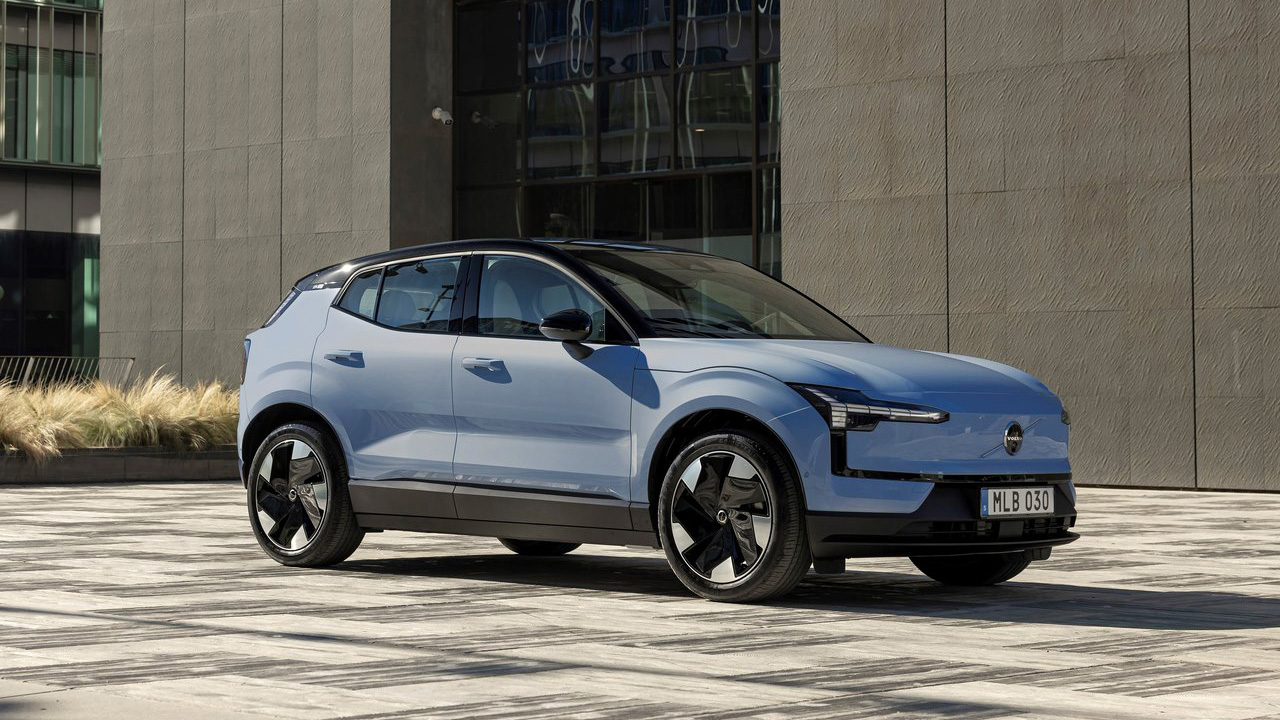
A Step Towards an All-Electric Future
As Volvo pushes towards an all-electric future by 2030, incidents like these are poignant reminders of the challenges that come with innovation in technology. However, with swift actions and a focus on customer satisfaction, Company reaffirms its position as a leader in the automotive industry’s shift towards sustainability. As the company adjusts its production strategies and addresses software hurdles, its commitment to an electric future shines through, promising an exciting journey ahead for Volvo and its customers.

